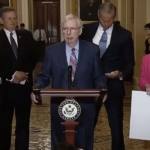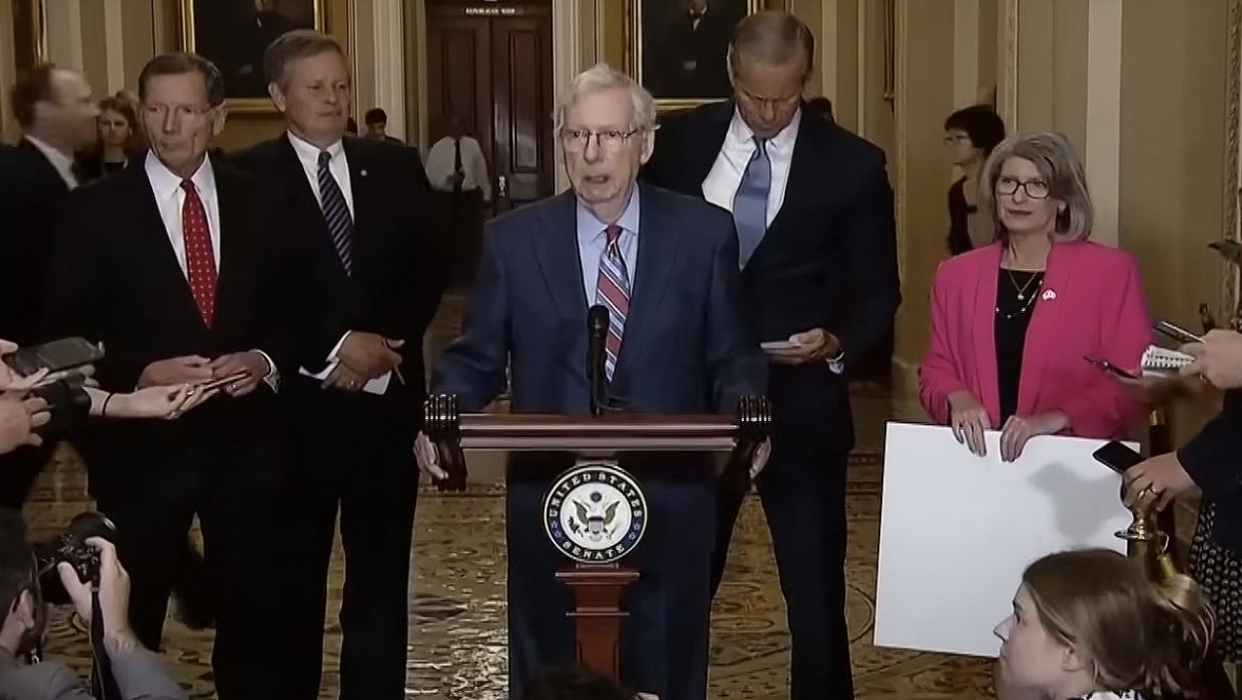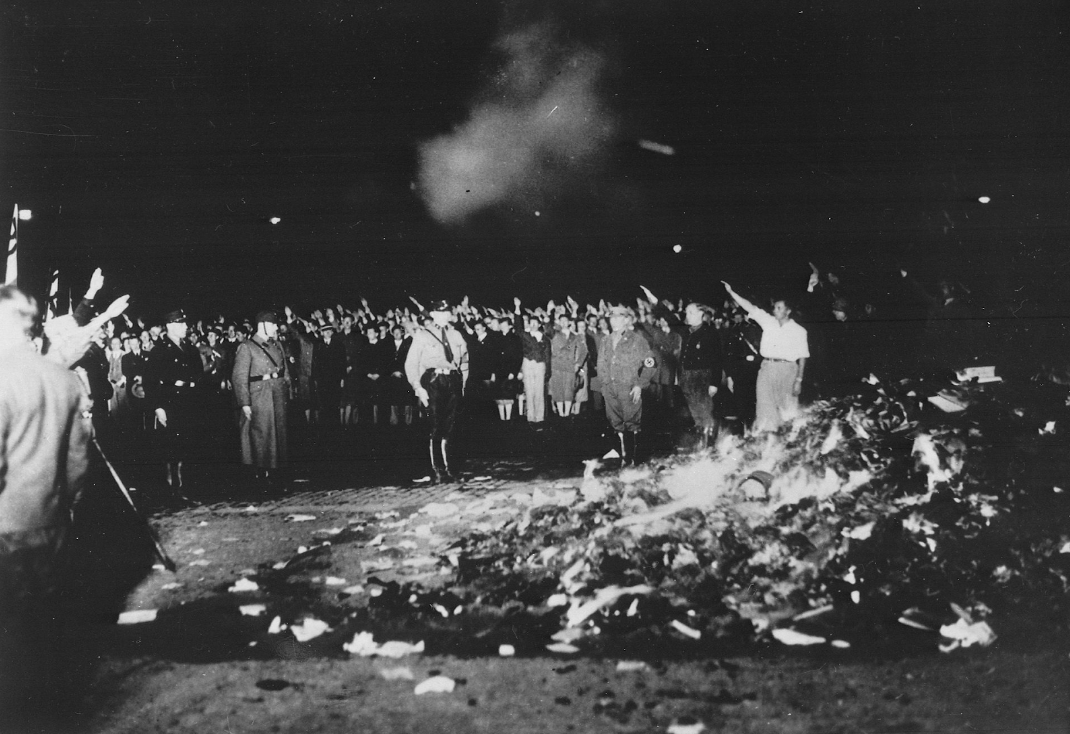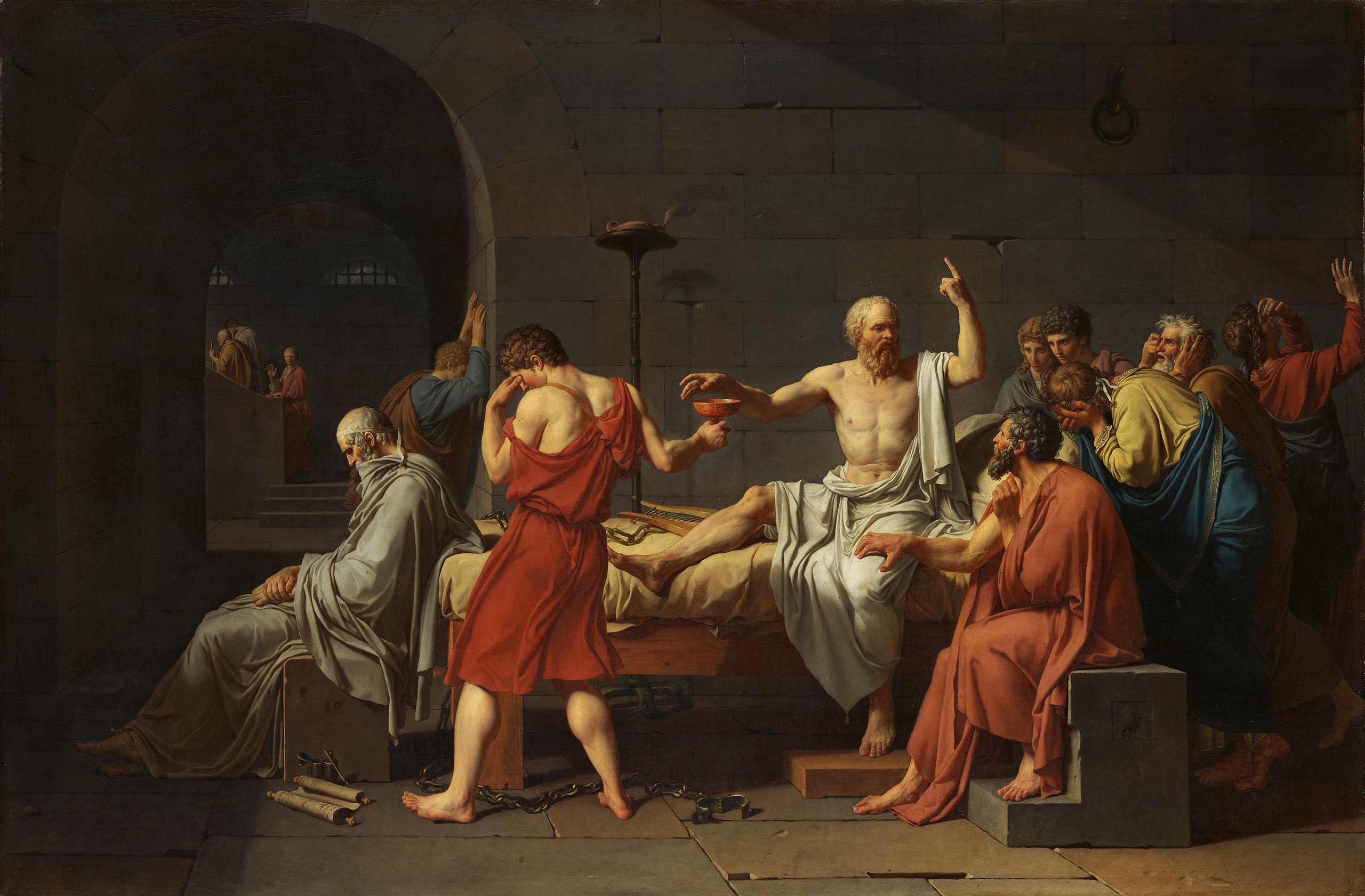The purpose of this column is to make the reader aware of current events in politics and media and to explain the facts from both sides to get a real picture of the argument instead of having message skewed through mainstream media. This is one man trying to relate to college students the hot issues of the world so as to make the information for accessible. The column will present an opinion but will do the it’s best to only use opinions supported by lines of evidence.
Patrick Olds

– Opinions Editor –
With such a vast amount of information available, it’s difficult to wade through the fluff to get to the cold hard facts. It’s so hard, sometimes, to get to the truth. With it being so difficult to get to the actual truth, it makes it even more challenging to formulate an informed opinion on any subject.
For STLCC-Meramec students and those of surrounding colleges, Media Literacy Week begins Oct. 3. The goal of Media Literacy Week is to help people strain the information that is out there, especially in cyberspace.
Media Literacy Week will receive the help of Meramec’s chapter of Phi Theta Kappa, whose study topic for this year is “The Democratization of Information: Power, Peril and Promise.” Don’t mind the title; it’s ambiguous, but the general meaning is to help people understand the value of being one’s own fact checker.
The duty of Phi Theta Kappa that week is to educate people while promoting good habits of attaining information. Eric Meyer, asst. professor of English at Meramec and Honors coordinator, is leading the event and is a strong believer in the cause. He said there is misinformation being promoted as fact – and that should be questioned. As he says, “It’s not their choice. Facts are facts. You can’t choose not to accept them.”
Meyer does his best work educating students on the benefits of becoming responsible handlers of information, including how they attain it. He compared it to flying a plane. He said you have to know how to triangulate your position, take your position and two other points-of-view and see what you can conclude.
This idea makes sense — the more perspective you have, the stronger the credibility of the argument. In a very real sense, people should apply media straining techniques to the upcoming election. There will be more than the usual amount of media out there reporting on a possibly momentous election. It would be in the best interest of our country if we decide to hold people responsible, and I’m not just talking about the politicians.
A tool that people should utilize is evaluating the levels of credibility of media outlets. For example, there are certain credible news services, such as the Wall Street Journal and New York Times, which would have a high level of credibility as opposed to a blog on the Internet that would have quite a low level. The reason for this is simple. Newspapers have a history and usually are held accountable.
Names and faces are associated with the stories. For blogs, sometimes, you don’t know any of that info. If it is information from a blog, it doesn’t allow for one to completely discount this. It just means you should go out of the way to fact-check the claims.
The roots of our democracy are in ancient Greece and they had a very simple democratic system that held individuals accountable. The general population took it upon themselves to make sure their democracy survived. It’s our job, in the present day, to ask the right questions and get to the facts.
Otherwise, we will have no part in our own future and we will be resigned to the fact that others will be making unchecked decisions on our behalf. That shouldn’t happen, especially in a democratic republic like ours.











